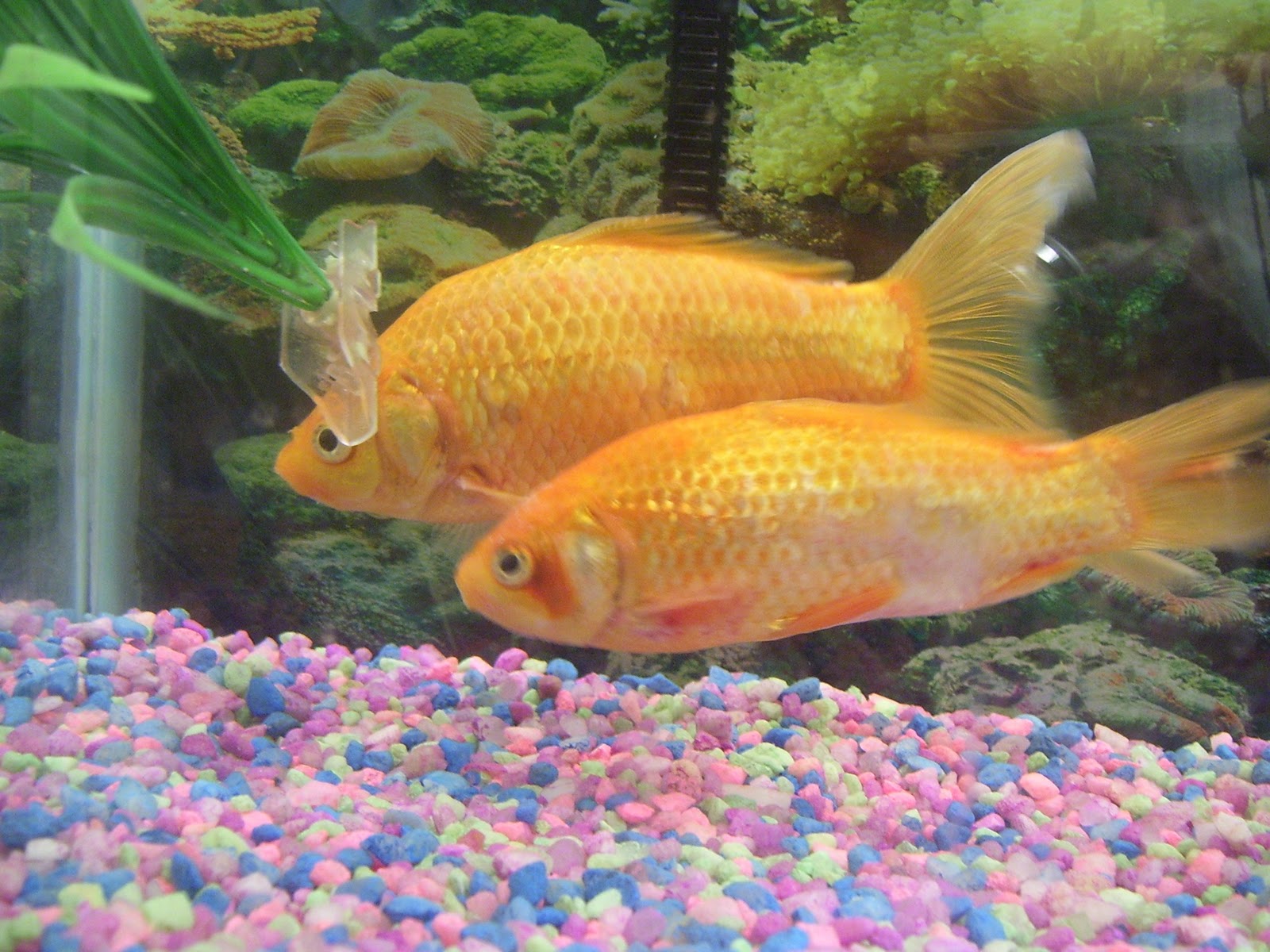
The Ultimate Guide to Koi Pond Nitrite Levels
Introduction
Koi ponds are not just an attractive water feature; they are also a habitat for fish. One of the most critical factors to maintain a healthy koi pond is the nitrite level. Maintaining the optimal nitrite level is essential for koi fish to thrive and live healthily. In this ultimate guide, we will discuss everything you need to know to maintain a healthy nitrite level in your koi pond.
What is Nitrite, and What are Nitrite Levels in Koi Pond?
Nitrite is a chemical compound that is produced from the breakdown of fish waste and decaying plant matter in your koi pond. This process is called nitrification. Nitrite is highly toxic to koi fish, especially at high levels. The ideal nitrite level in a koi pond should be zero. However, in reality, it can be challenging to maintain an absolute zero nitrite level in your koi pond. When the nitrite level rises above 0.5 ppm (parts per million), it becomes dangerous for koi fish.
Why is It Important to Maintain the Nitrite Level?
If you don’t maintain the optimal nitrite level in your koi pond, your koi fish can experience several health problems, including:
- Reduced oxygen-carrying capacity of the blood, resulting in lethargy and death.
- Stress and a weakened immune system.
- Skin and gill irritation, leading to infections.
- Delayed growth and reproduction.
- Death.
How to Test the Nitrite Level in Your Koi Pond?
The best way to test the nitrite level in your koi pond is to use a nitrite test kit. These test kits are readily available at your local pet store or online. The test kits come with instructions that are easy to follow and enable you to get an accurate reading of the nitrite level in your koi pond.
How to Lower Nitrite Levels in Your Koi Pond?
To lower the nitrite level in your koi pond, you need to:
- Perform a partial water change of at least 25% of the total water volume in your koi pond.
- Clean the filter and check the pump to ensure they are functioning correctly.
- Add beneficial bacteria to your koi pond. Beneficial bacteria help to break down the ammonia and nitrite in your koi pond naturally.
- Avoid overfeeding your koi fish. Overfeeding can lead to excess fish waste, which produces more nitrite.
- Check the pH level in your koi pond. A low pH level can prevent the beneficial bacteria from breaking down the nitrite.
Conclusion
Maintaining the optimal nitrite level in your koi pond is crucial to the health and well-being of your koi fish. Always monitor the nitrite level and take the necessary steps to lower it if it rises above 0.5 ppm. By following the tips mentioned above, you can maintain a healthy and beautiful koi pond that your fish will thrive in.





